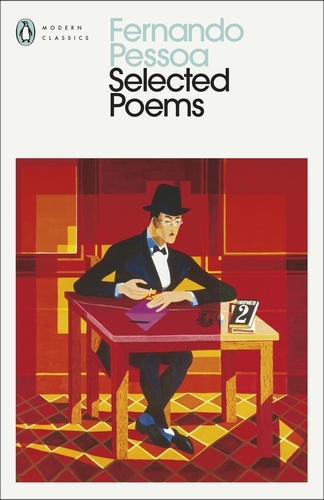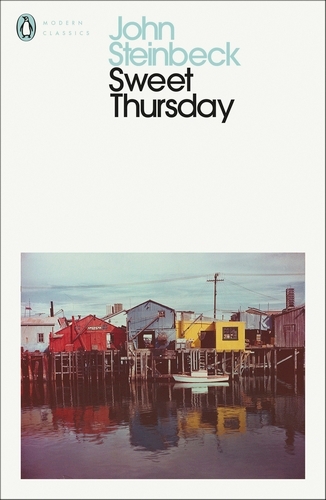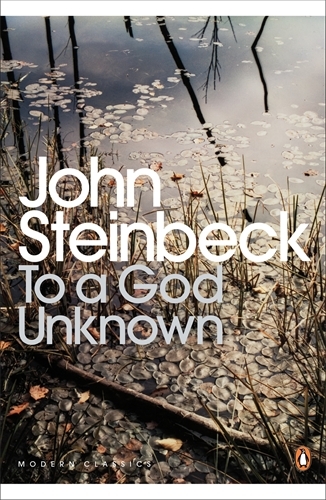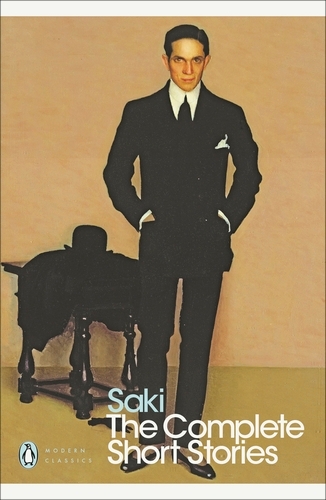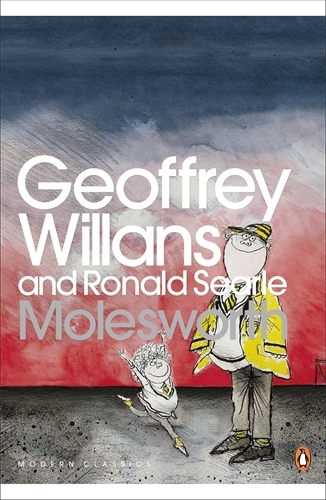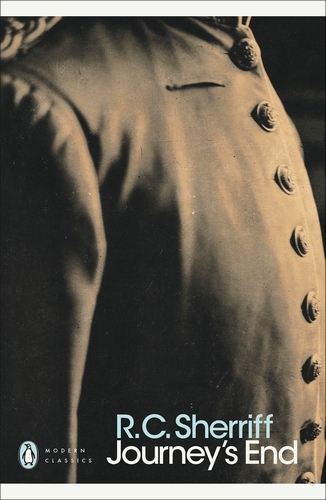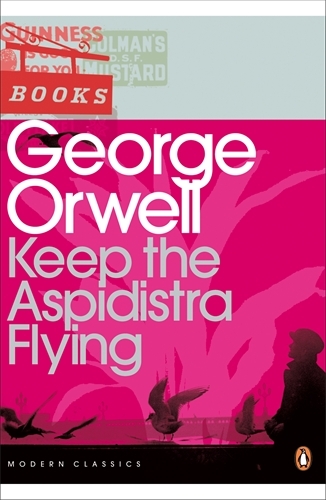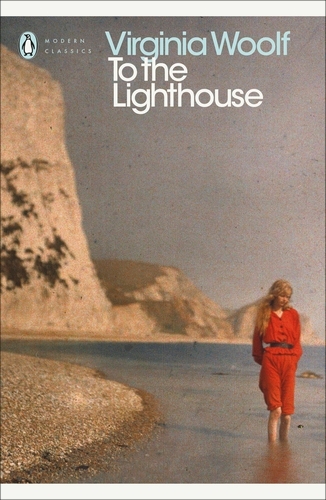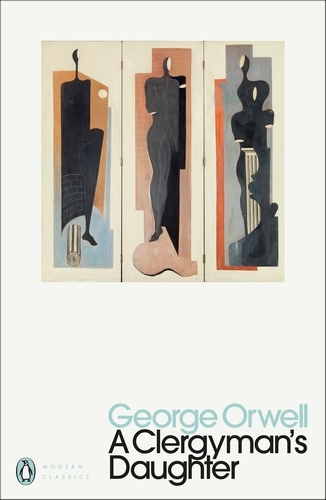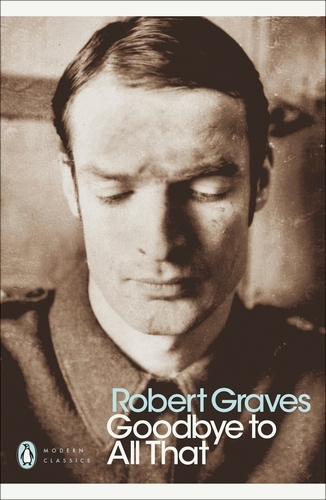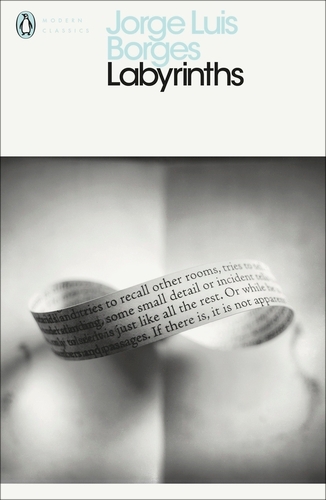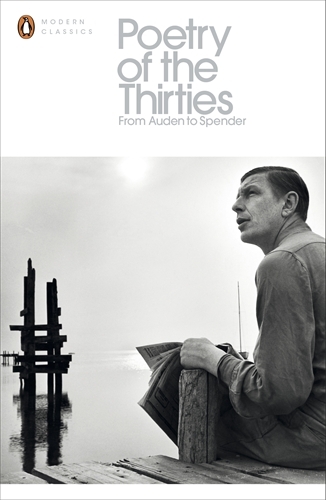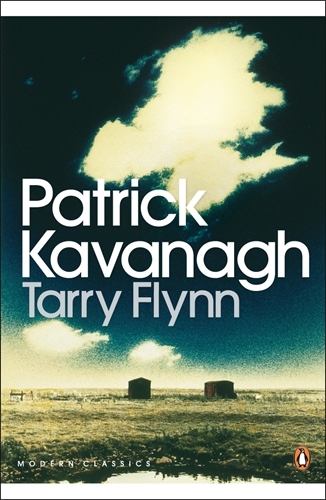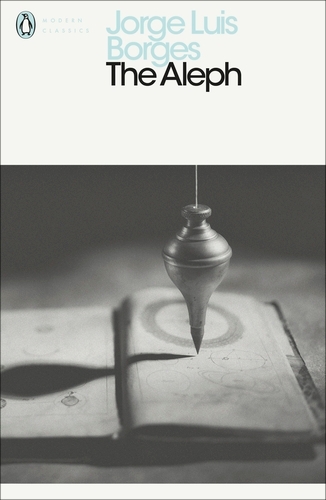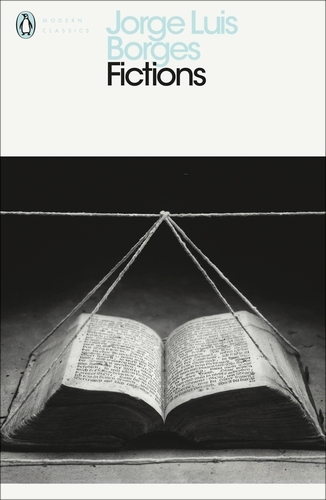Penguin Modern Classics
1282 books in this series
One Day in the Life of Ivan Denisovich
This brutal, shattering glimpse of the fate of millions of Russians under Stalin shook Russia and shocked the world when it first appeared. Discover the importance of a piece of bread or an extra bowl of soup, the incredible luxury of a book, the ingenious possibilities of a nail, a piece of string or a single match in a world where survival is all. Here safety, warmth and food are the first objectives. Reading it, you enter a world of incarceration, brutality, hard manual labour and freezing cold - and participate in the struggle of men to survive both the terrible rigours of nature and the inhumanity of the system that defines their conditions of life.
Selected Poems
The writing of Fernando Pessoa reveals a mind shaken by intense inner suffering. In these poems he adopted four separate personae: Alberto Caeiro, Alvaro de Campos, Ricardo Reis and himself, using them to express 'great swarms of thought and feeling'. While each personae has its own poetic identity, together they convey a sense of ambivalence and consolidate a striving for completeness. Dramatic, lyrical, Christian, pagan, old and modern, Pessoa's poets and poetry contribute to the 'mysterious importance of existence'.
Sweet Thursday
In Monterey, on the California Coast, Sweet Thursday is what they call the day after Lousy Wednesday, which is one of those days that's just naturally bad. Returning to the scene of CANNERY ROW, the weedy lots, junk heaps and flop houses of Monterey, Steinbeck once again brings to life the denizens of a netherworld of laughter and tears. The book is in many ways a statement about Steinbeck's greatest theme: the common bonds of humanity and love which make goodness and happiness possible.
To a God Unknown
While fulfilling his dead father's dream of creating a prosperous farm in California, Joseph Wayne comes to believe that a magnificent tree on the farm embodies his father's spirit. His brothers and their families share in Joseph's prosperity andthe farm flourishes - until one brother, scared by Joseph's pagan belief, kills the tree and brings disease and famine on the farm. Set in familiar Steinbeck country, TO A GOD UNKOWN is a mystical tale, exploring one man's attempt to control theforces of nature and to understand the ways of God.
The Complete Short Stories
Saki is perhaps the most graceful spokesman for England's 'Golden Afternoon' - the slow and peaceful years before the First World War. Although, like so many of his generation, he died tragically young, in action on the Western Front, his reputation as a writer continued to grow long after his death. The stories are humorous, satiric, supernatural, and macabre, highly individual, full of eccentric wit and unconventional situations. With his great gift as a social satirist of his contemporaryupper-class Edwardian world, Saki is one of the few undisputed English masters of the short story.
Molesworth
School is 'wet and weedy', according to Nigel Molesworth, the 'goriller of 3B', 'curse of St Custard's' and superb chronicler of fifties English life. Nothing escapes his disaffected eye and he has little time for such things as botany walks and cissy poetry with an assortment of swots, snekes and oiks. Instead he is very good at missing lessons, charming masters and putting down little brothers, in fact he is exceptional at most things except spelling. Wildly funny and full of sharp observations on life, the ‘Molesworth tetralogy’ is magnificently complemented by the illustrations of Ronald Searle
Journey's End
Set in the First World War, Journey's End concerns a group of British officers on the front line and opens in a dugout in the trenches in France. Raleigh, a new eighteen-year-old officer fresh out of English public school, joins the besieged company of his friend and cricketing hero Stanhope, and finds him dramatically changed ...
Laurence Olivier starred as Stanhope in the first performance of Journey's End in 1928; the play was an instant stage success and remains a remarkable anti-war classic.
Laurence Olivier starred as Stanhope in the first performance of Journey's End in 1928; the play was an instant stage success and remains a remarkable anti-war classic.
Keep the Aspidistra Flying
Gordon Comstock loathes dull, middle-class respectability and worship of money. He gives up a 'good job' in advertising to work part-time in a bookshop, giving him more time to write. But he slides instead into a self-induced poverty that destroys his creativity and his spirit. Only Rosemary, ever-faithful Rosemary, has the strength to challenge his commitment to his chosen way of life. Through the character of Gordon Comstock, Orwell reveals his own disaffection with the society he once himself renounced.
To the Lighthouse
This novel is an extraordinarily poignant evocation of a lost happiness that lives on in the memory. For years now the Ramsays have spent every summer in their holiday home in Scotland, and they expect these summers will go on forever.
In this, her most autobiographical novel, Virginia Woolf captures the intensity of childhood longing and delight, and the shifting complexity of adult relationships. From an acute awareness of transcience, she creates an enduring work of art.
In this, her most autobiographical novel, Virginia Woolf captures the intensity of childhood longing and delight, and the shifting complexity of adult relationships. From an acute awareness of transcience, she creates an enduring work of art.
A Clergyman's Daughter
Intimidated by her father, the rector of Knype Hill, Dorothy performs her submissive roles of dutiful daughter and bullied housekeeper. Her thoughts are taken up with the costumes she is making for the church school play, by the hopelessness of preaching to the poor and by debts she cannot pay in 1930s Depression England. Suddenly her routine shatters and Dorothy finds herself down and out in London. She is wearing silk stockings, has money in her pocket and cannot remember her name. Orwell leads us through a landscape of unemployment, poverty and hunger, where Dorothy's faith is challenged by a social reality that changes her life.
Goodbye to All That
In 1929 Robert Graves went to live abroad permanently, vowing 'never to make England my home again'. This is his superb account of his life up until that 'bitter leave-taking': from his childhood and desperately unhappy school days at Charterhouse, to his time serving as a young officer in the First World War that was to haunt him throughout his life.
It also contains memorable encounters with fellow writers and poets, including Siegfried Sassoon and Thomas Hardy, and covers his increasingly unhappy marriage to Nancy Nicholson. Goodbye to All That, with its vivid, harrowing descriptions of the Western Front, is a classic war document, and also has immense value as one of the most candid self-portraits of an artist ever written.
It also contains memorable encounters with fellow writers and poets, including Siegfried Sassoon and Thomas Hardy, and covers his increasingly unhappy marriage to Nancy Nicholson. Goodbye to All That, with its vivid, harrowing descriptions of the Western Front, is a classic war document, and also has immense value as one of the most candid self-portraits of an artist ever written.
Labyrinths
Jorge Luis Borges was a literary spellbinder whose tales of magic, mystery and murder are shot through with deep philosophical paradoxes. This collection brings together many of his stories, including the celebrated "Library of Babel".
Poetry of the Thirties
Auden, Day, Lewis, Spender, MacNeice and the other key poets of the Thirties were children of the First World War, obsessed by war and by communalism, by the class-struggle and a passionate belief in poets as people whose actions are as publically important as their poems.For them, the Spanish Civil War epitomized the mood of the times, as their symbolic obsessions were transmuted into tragic reality. But from within their strongly defined unity of ideals, an astonishingly varied body of poetry emerged.
Robin Skelton has arranged the poetry to make an illuminating ‘critical essay’ of the period, and in his introduction he brilliantly probes the moods and mores of an intensely troubled and creative decade.
Robin Skelton has arranged the poetry to make an illuminating ‘critical essay’ of the period, and in his introduction he brilliantly probes the moods and mores of an intensely troubled and creative decade.
Tarry Flynn
He did not ask things to have a meaning or to tell a story. To be was the only story
A semi-autobiographical novel from the author of The Green Fool and The Great Hunger
A man's mother can be a terrible burden sometimes. For Tarry Flynn - poet, farmer and lover-from-afar of beautiful young virgins - the responsibility of family, farm, poetic inspiration and his own unyielding lust is a heavy one. The only solution is to rise above all - or escape over the nearest horizon.
Patrick Kavanagh's Tarry Flynn is an idyllic and beautifully evocative account of life as it was lived in Ireland in the 1930s.
A semi-autobiographical novel from the author of The Green Fool and The Great Hunger
A man's mother can be a terrible burden sometimes. For Tarry Flynn - poet, farmer and lover-from-afar of beautiful young virgins - the responsibility of family, farm, poetic inspiration and his own unyielding lust is a heavy one. The only solution is to rise above all - or escape over the nearest horizon.
Patrick Kavanagh's Tarry Flynn is an idyllic and beautifully evocative account of life as it was lived in Ireland in the 1930s.
The Aleph
Borges' stories have a deceptively simple, almost laconic style. In maddeningly ingenious stories that play with the very form of the short story, Borges returns again and again to his themes: dreams, labyrinths, mirrors, infinite libraries, the manipulations of chance, gaucho knife-fighters, transparent tigers and the elusive nature of identity itself.
Fictions
'Nobody before Borges had ever attempted this strange and wonderful mixture of arcana, popular literature, national myth, the nature of time and classical themes. Now we can see it in all its intense and disturbing brilliance, certain that we will never see anything like it again' - Justin Cartwright, Independent on Sunday

